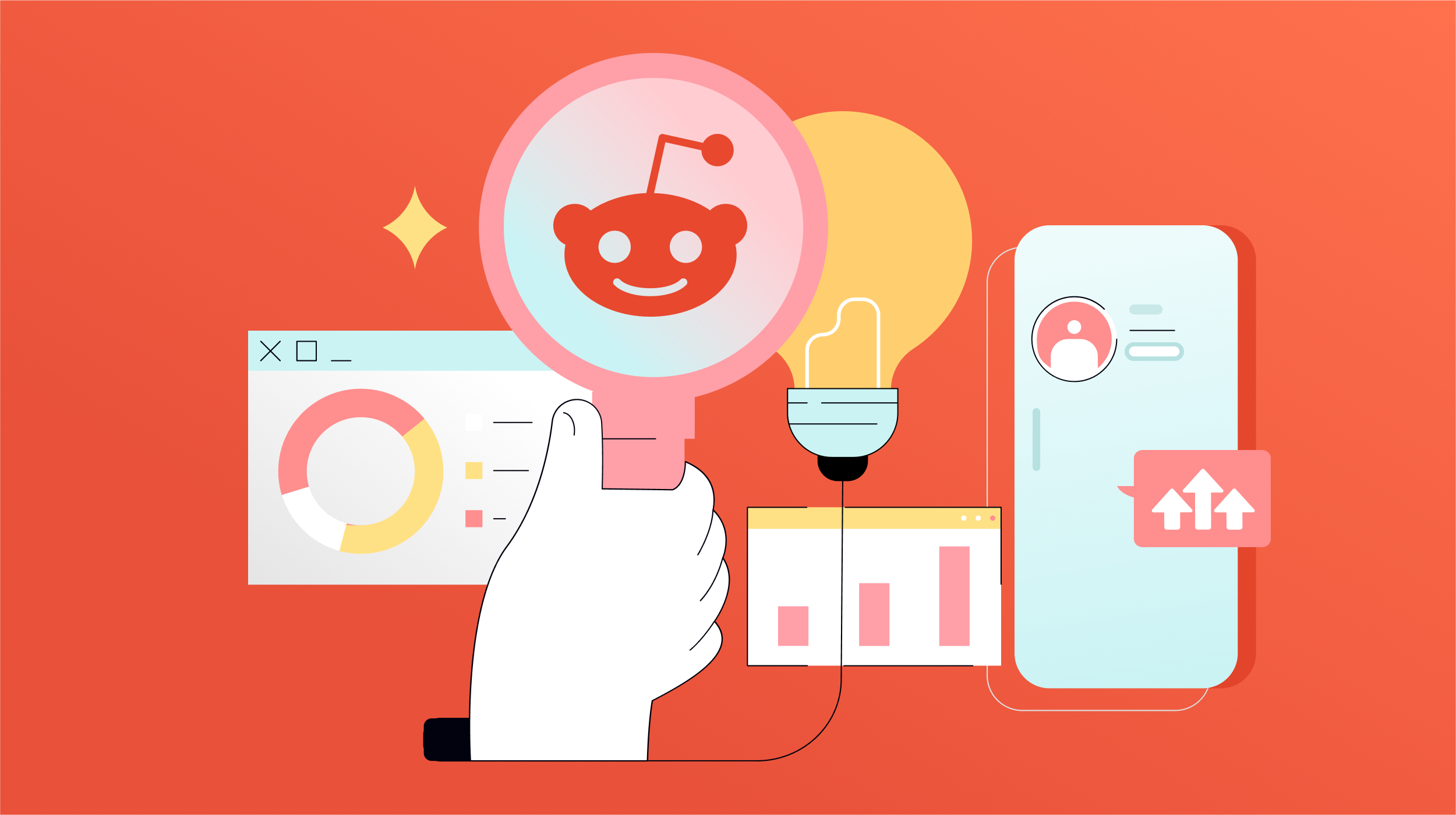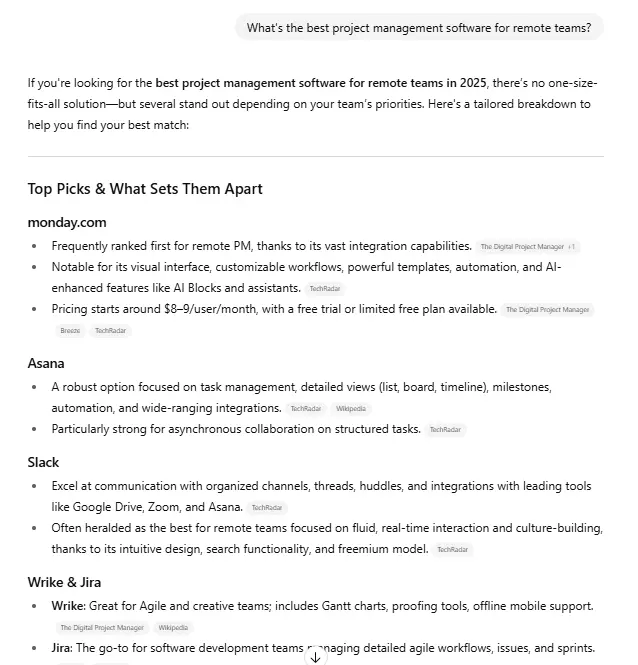How Procter & Gamble and Unilever are extending LGBTQ+ efforts well beyond Pride month
CPG titans see need for year-round work and links to brand strategy, as anti LGBTQ+ legislation is on the rise.

Pride Month is coming, and with it the deluge of brand and corporate LGBTQ+ marketing and solidarity messages. But two of the biggest U.S. marketers—Unilever and Procter & Gamble Co.—have gotten out in front of the parade by at least a couple of weeks by announcing their initiatives early and pointing to enduring year-round efforts and strategic connections to how their brands are marketed.
Executives of both companies say they aren’t deterred by the uptick in backlash against LGBTQ+ rights, including widespread anti-trans legislation, Florida’s “Don’t Say Gay” bill and subsequent legislative punishment of The Walt Disney Co. for opposing it. (Unilever counts nearly 240 bills limiting LGBTQ rights in some way so far in 2022.)
Subscribe to Ad Age now for the latest industry news and analysis.
Unilever for its part today is announcing year two of its United We Stand initiative to fund local organizing efforts in conjunction with creative agency RanaVerse in the five U.S. municipalities scoring lowest on the Human Rights Campaign’s Equality Index for laws, policies and services that support LGBTQI+ people.
Like last year, Unilever has enlisted trans Black film-maker Tourmaline to create a mini-documentary (“Joy Is Paramount”) outlining how people in these places, including Monroe, Louisiana; Moore, Oklahoma; Clemson, South Carolina; Florence, Alabama; and Southwest Missouri, are working to change things.
It’s an uphill battle. The program is similar to last year’s, and the Equality Index scores haven’t improved that much because the localities are in states facing unsympathetic legislatures, said RanaVerse CEO Rana Reeves. But the fact Unilever is still funding the fight may prove as well as anything that its commitment is long-term, not just a June rainbow addition to the social media accounts.
“This is year-round support,” said Unilever Senior Marketing Manager Conor Feeney. “Our program extends beyond Pride Month with long-term continuous partnerships to raise living standards for the LBGTQI+ community in underserved areas,” he said, “by supporting on-the-ground grassroots organizations making frontline and systemic change where help is needed the most.”
All the June activity has its place, and Target having an LGBTQ area for consumers to buy products for celebration and observance is positive, Reeves said. But it also shouldn’t be the only thing brands do or be treated in check-box fashion.
That Unilever and other brand marketers are sticking with programs in the face of pushback shows fortitude and commitment, Reeves said.
“When we did United We Stand last year, none of us would have been able to prophesize that state by state, municipality by municipality, there would be this raft of laws,” Reeves said.
But Feeney said all the activity isn’t going to change how Unilever approaches issues.
“I think this makes it even more important,” Feeney said. “Unilever is going to continue to drive at this direct support and look for this systemic change.”
One simple factor that will keep Unilever rival Procter & Gamble Co. from changing course is the fact that one in five Generation Z people in the U.S. identify as LGBTQ+, said Brent Miller, senior global director of LGBTQ equality for the company.
“If you don’t reach that audience, you’re not going to win that generation,” Miller said. “So it’s not necessarily about a moment in time. It’s about how you’re baking it into your base strategy. And I think people are learning more and more about how to get those insights, how to reach that audience in ways they haven’t had to do before.”
RSVP for Ad Age In-Depth: TV Pivot on May 24 and 25 at AdAge.com/TVPivot
Part of that includes how to portray LGBTQ people in ads authentically, so it doesn’t look like pandering, he said. And part of making that work is linking LGBTQ insights to brand insights, such as Pantene’s advertising built around the insight that 60% of LGBTQ people, when they come out of the closet, also change their hair, or Gillette recognizing the role shaving has in the life of a transgender teen, he said.
And, yes, corporately, P&G hasn’t forgotten about June. That also means launching a Can’t Cancel Pride fundraiser event organized with iHeartMedia and including performances by Elton John, Katy Perry, Sam Smith, Lizzo, Anitta, Dove Cameron, Betty Who and Kim Petras in Los Angeles or remote locations on June 14. It will stream at 8 p.m. EDT on iHeartRadio’s TikTok, YouTube and Facebook pages as well as PrideRadio.com and Revry.
But P&G got out in front of the rush of announcements with a Los Angeles preview of the event last week.
“I think the biggest change that we're seeing as people are extending it beyond Pride Month,” Miller said. “Pride Month tends to be the temple. But the expectation and the need is for us to create LGBTQ visibility all year long.”

 Konoly
Konoly 






























